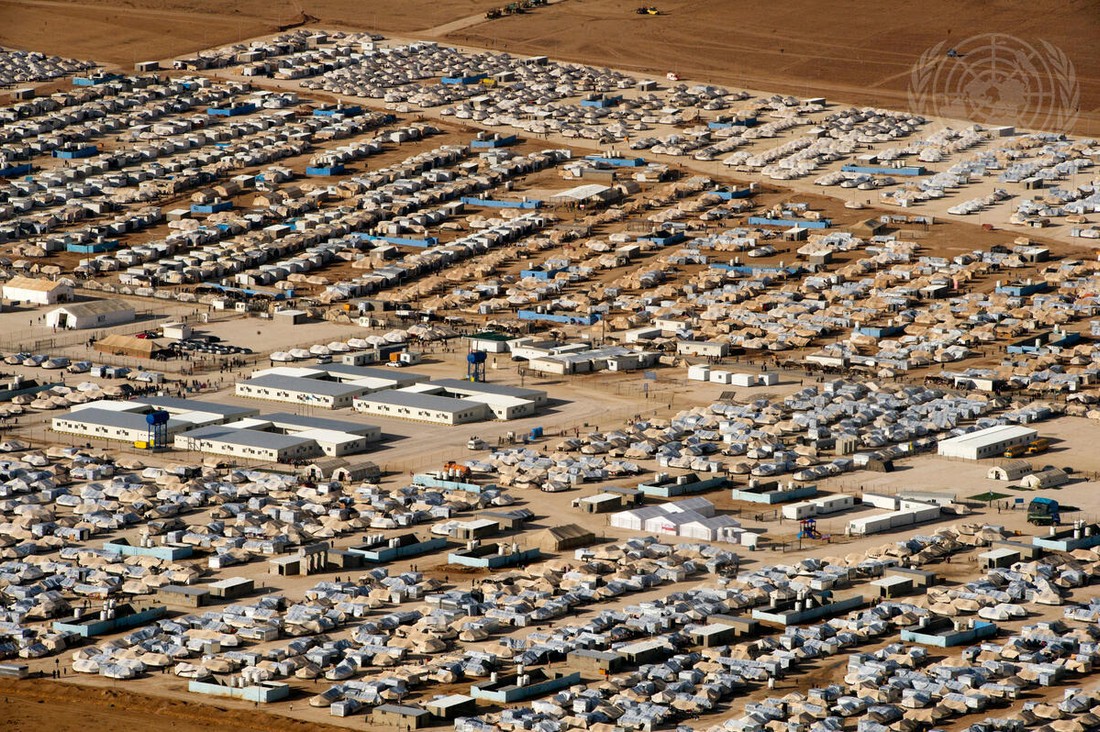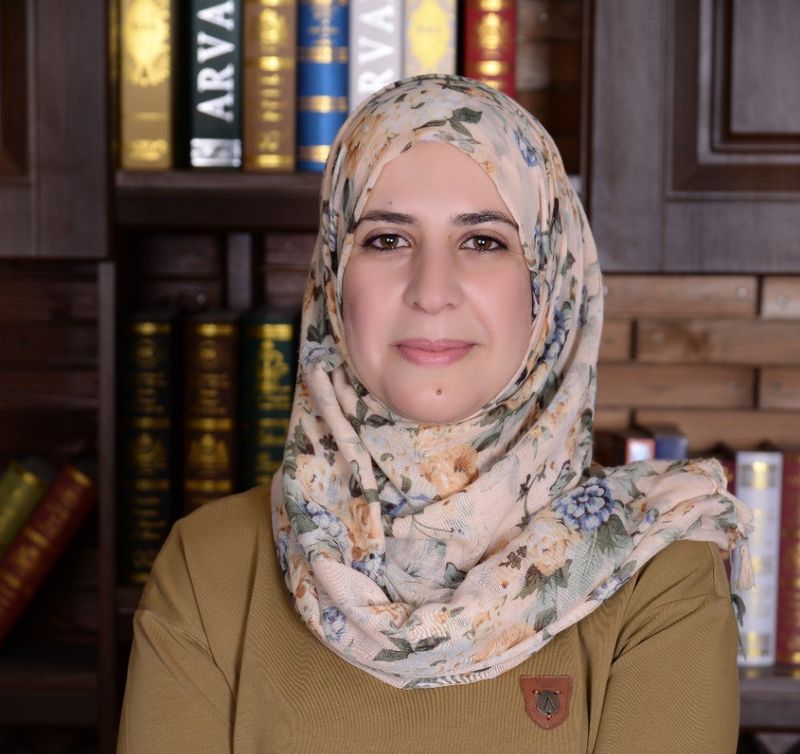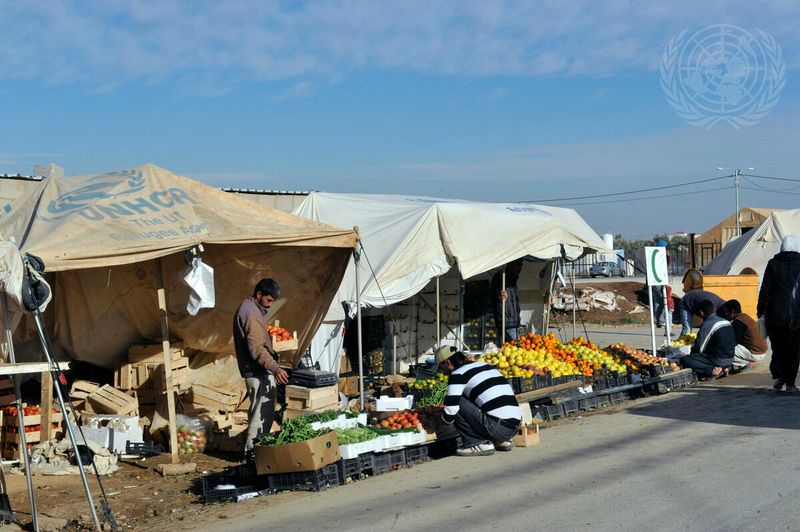Global Voice: From Syrian Refugee to Columbia Global Emerging Scholar

How one scholar is transforming personal displacement into academic purpose.
The day I began my research on Syrian asylum seekers in Jordan, I stood at the intersection of two identities: researcher and refugee. As a Syrian refugee myself, each interview was more than data collection—it was a mirror reflecting fragments of my own journey.
This personal connection to displacement has fueled my academic path from the Columbia Global Emerging Scholar program to my current doctoral studies, transforming lived experience into scholarly contribution, and personal trauma into academic purpose.
As I reflect on my academic path, I'm struck by how deeply personal this journey has been. My research isn't just academic—it's woven into the fabric of my own life story.
"The research questions I pursued weren't abstract academic inquiries—they were the same questions that shaped my own experience of displacement."

Finding My Voice Through Research
My research, "The Living Conditions of Syrian Asylum Seekers in Jordan's Governorates Outside Camps and the Motives to Immigrate to Europe," began under the thoughtful mentorship of Dr. Goleen Samari, a population health demographer specializing in health inequities and public health. This project became the cornerstone of my academic identity.
Working with Syrian refugees living outside formal camps in Jordan, I witnessed firsthand the precarious circumstances many faced. Each interview revealed layers of challenges—from legal limbo to economic uncertainty—that mirrored aspects of my own experience. What struck me most was how these systemic pressures influenced people's decisions to undertake the dangerous journey to Europe, a complex decision-making process that defies simple explanation.
The findings from this study offered me critical insight into the layered vulnerabilities experienced by Syrian refugees. More importantly, the research helped me understand my own displacement on a personal level in addition to providing me with academic knowledge. I was able to express and clarify my own experience by engaging with other people's stories, which made the framework both analytical and deeply personal.
The Columbia Global Emerging Scholar program fundamentally transformed my academic trajectory. It gave me the tools, mentorship, and institutional backing to approach refugee issues with rigor and nuance. This foundation has supported several subsequent research collaborations, including projects examining refugee education and women's resilience in post-crisis contexts. Looking back, I see the scholarship as a pivotal moment that elevated my work from local engagement to global scholarly dialogue. It instilled in me a sense of academic responsibility to humanize refugee experiences and challenge dominant narratives of displacement.
One particularly meaningful opportunity was my participation in a forced displacement and health project with Columbia University Mailman School of Public Health and the American University of Beirut. This collaboration provided a broader regional perspective that complemented my work in Jordan and expanded my understanding of displacement as a public health concern.

Building on Foundations: My Current Work
Today, I am pursuing my PhD in English Literature at Karabuk University in Turkey. My doctoral research explores how trauma, memory, and resilience intertwine in refugee narratives—examining how our stories shape and are shaped by displacement. The methodological training I received as an Emerging Scholar has been invaluable to this work, as it grounded me in the actual experiences of the displaced, helping me develop an analytical framework that challenges passive portrayals in literary discourse. I focus specifically on literary representations that contribute to our understanding of refugee identity and agency. By analyzing memoirs and fiction from displaced voices across the Middle East and beyond, I'm working to center perspectives that have traditionally been spoken about rather than listened to in academic discourse.
"The Columbia Global Emerging Scholar program wasn't just financial support—it was intellectual validation that my perspective as both researcher and refugee offered something valuable to scholarly conversation."
As someone who has lived the refugee experience, my academic work is inherently personal. This dual perspective—of having been both the subject and now the researcher—drives me to contribute meaningfully to both scholarly understanding and policy debates surrounding forced migration.
Lina Alzouabi was a Columbia Global Emerging Scholar in 2022. This profile is part of "Global Voices: Scholars Transforming Boundaries," a series highlighting the journeys and impacts of alumni of the Columbia Global Scholars programs.
Support for the Columbia Global Emerging Scholar Program is provided by the Mellon Foundation.